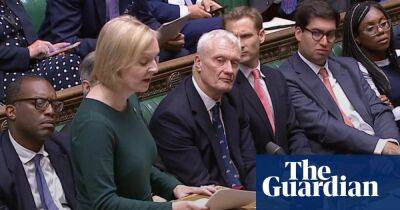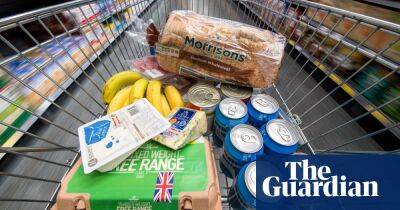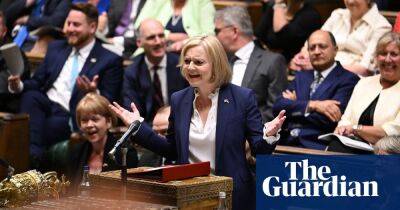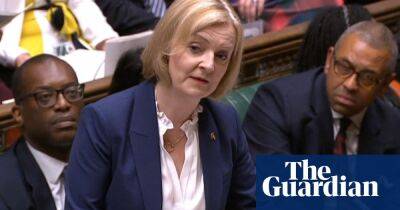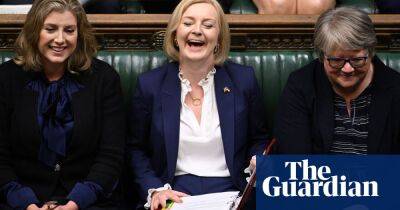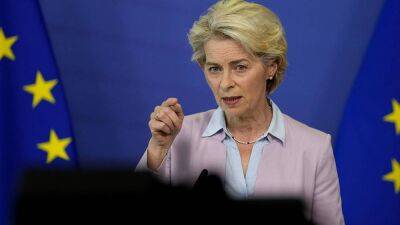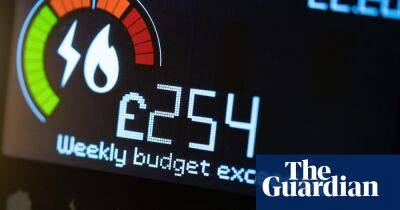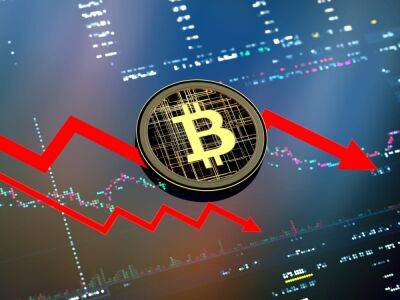Cost of living crisis: what governments around the world are doing to help
The Covid pandemic, soaring food and fuel prices, and Russia’s invasion of Ukraine have dealt a triple blow to people around the world. Here is a look at what governments are doing to try to help citizens and companies weather the cost of living crisis.
The US will help millions of indebted former students by cancelling $10,000 of their outstanding student loans. The move follows the $430bn Inflation Reduction Act unveiled last month, which includes cuts to prescription drug prices and tax credits to encourage energy efficiency. President Biden has also proposed a new income-driven repayment plan that would cap loans for low-income future borrowers and introduce fixes to the loan forgiveness programme for non-profit and government workers.
Brazil’s government has cut fuel taxes and raised social welfare payments. The country’s largest oil firm, Petrobras, last week announced a 7% cut in refinery gate gasoline prices – its fourth consecutive such reduction since mid-July
In July, Chile announced a $1.2bn aid plan including labour subsidies and one-time payments of $120 for 7.5 million of its 19 million residents.
Japan’s average minimum wage is set for a record 3.3% increase for the year ending March 2023. The government is also due to refrain from raising the price of imported wheat it sells to retailers, as part of a planned broader relief package. The steps follow a $103bn bill passed in April.
Indonesia will reallocate 24.17 trillion rupiah ($1.63bn) of its fuel subsidy budget towards welfare spending, including cash handouts to 20.65 million households. The government will also instruct regional administrations to subsidise transport fares.
Four months ago, Indiaimposed restrictions on exports of food items including wheat
Read more on theguardian.com

